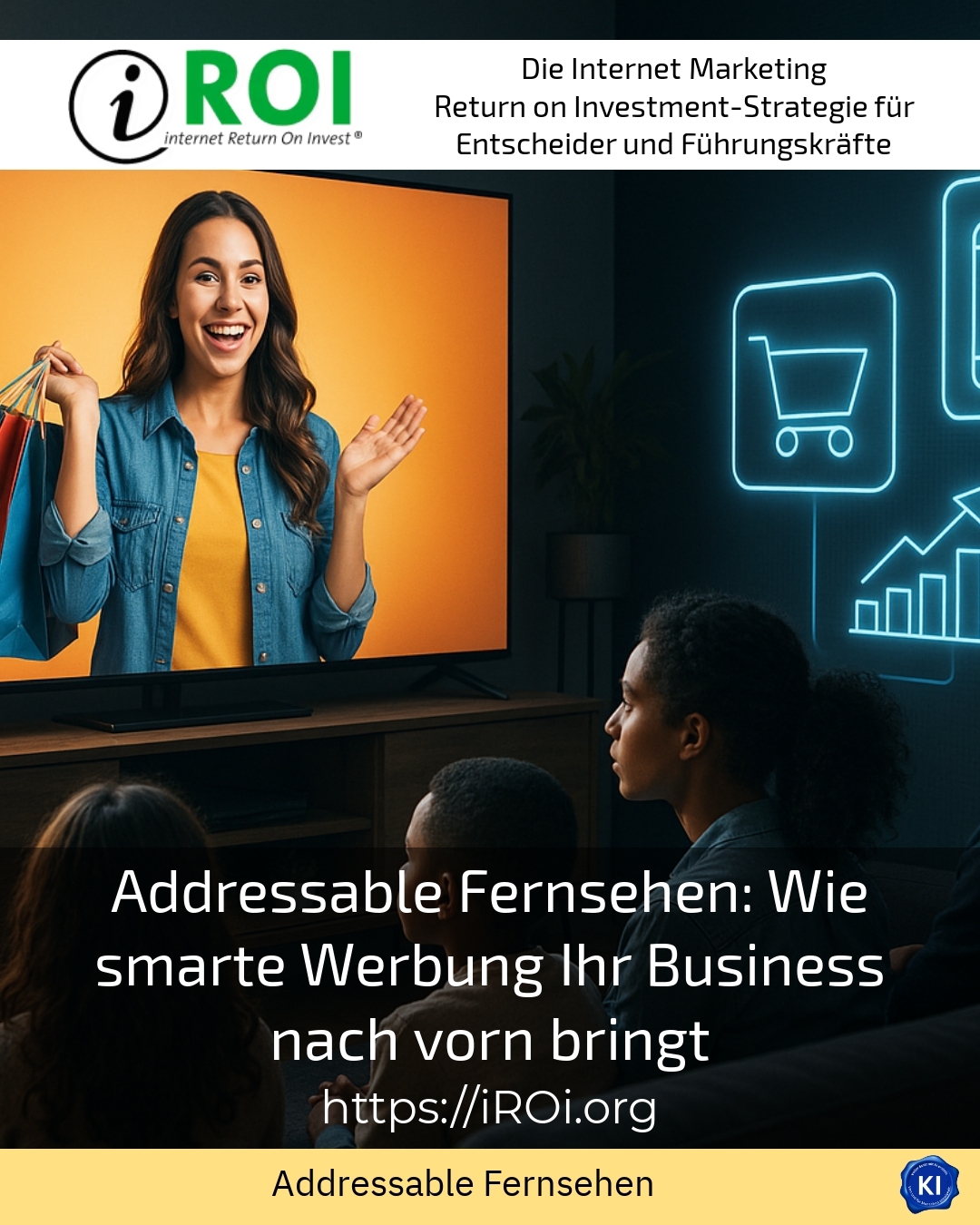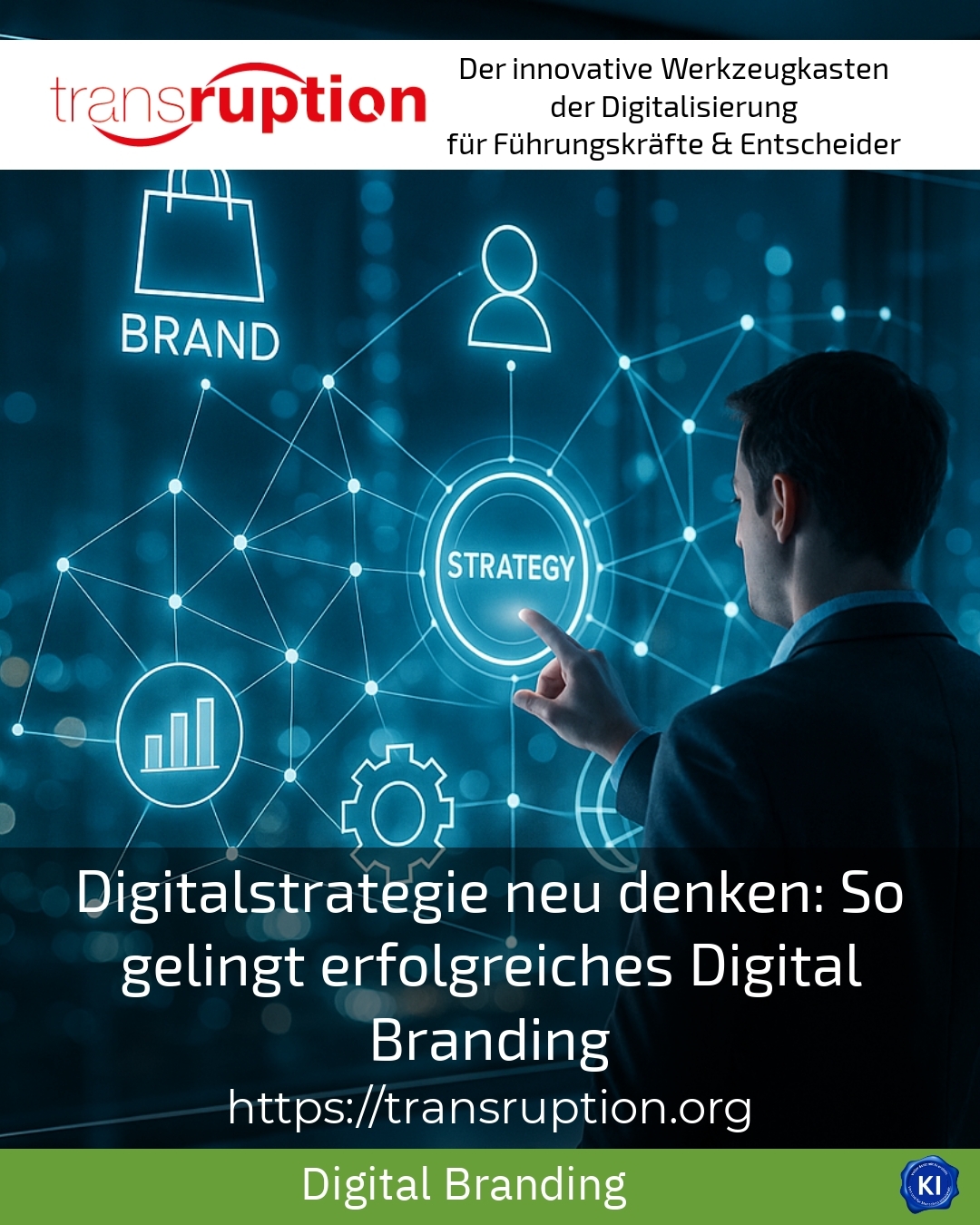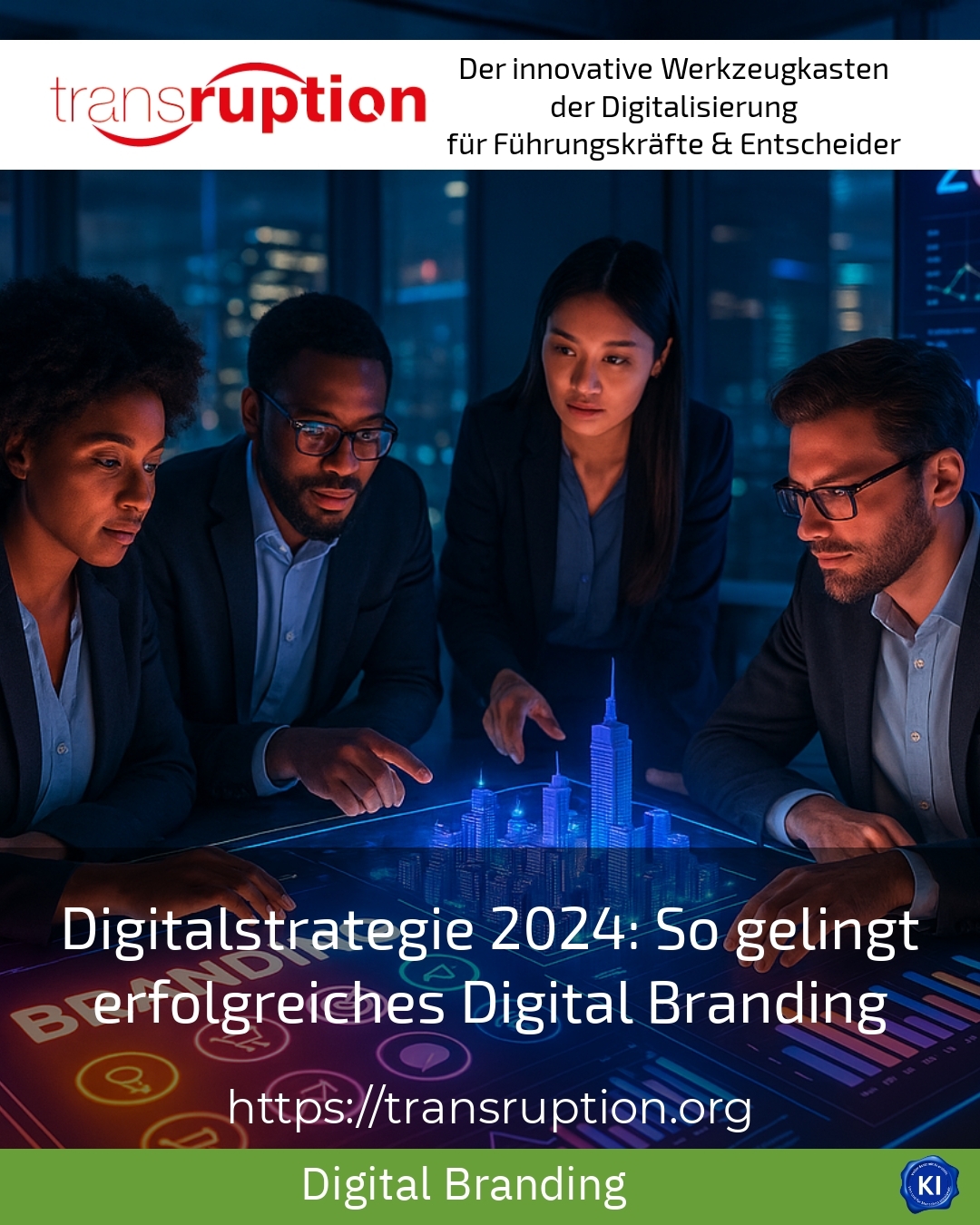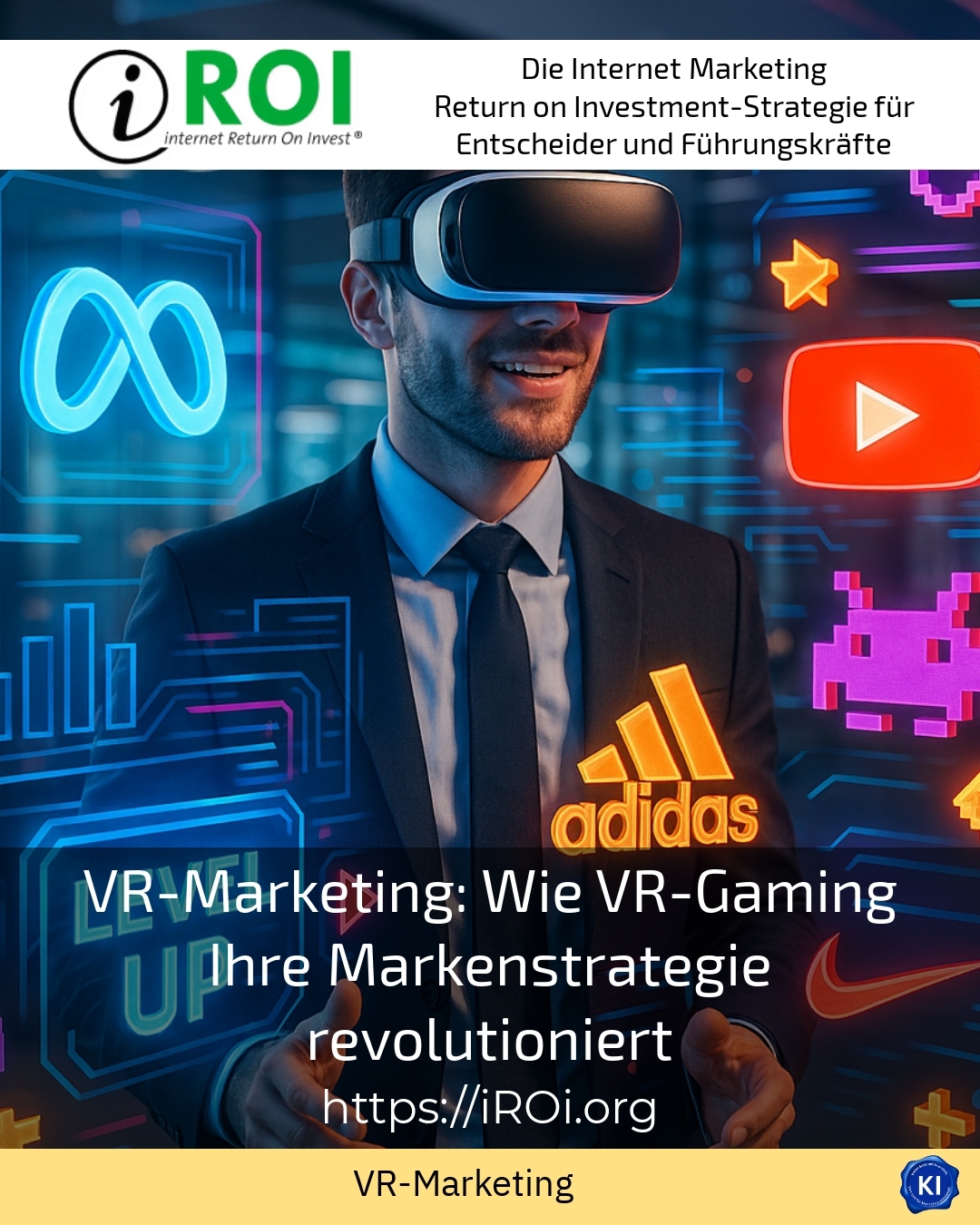More and more companies are focussing on innovative approaches to reach their target groups. Exciting developments are emerging in the field of VR marketing in particular. VR gaming is increasingly being used as a strategic tool to strengthen brands emotionally and inspire customers in the long term. The combination of interactive experiences and playful elements creates unique brand contacts that go far beyond traditional advertising.
Why VR gaming is important for brand strategies
VR gaming enables brands to invite their target groups directly into their own world. Users experience products and services not just passively, but actively. They become part of a story that they can shape themselves. This strengthens the emotional connection to the brand and promotes the memory of the experience.
Many companies report that VR gaming enriches their brand strategy. Game-based VR applications are being used successfully in sectors such as automotive, tourism and industry in particular. The advantages are obvious: a high level of attention, intensive brand interaction and unique experiences.
Practical examples show just how versatile VR gaming can be. A car manufacturer, for example, offers virtual test drives where users can try out different models and environments. A tour operator invites interested parties to take a virtual tour where they can explore hotels and excursion destinations. An industrial company demonstrates complex machines in an interactive VR simulation.
VR marketing: How playful experiences inspire customers
Virtual product presentations
Virtual product presentations are a central component of VR marketing. Customers can experience products in a realistic environment without having to be physically present. This is particularly advantageous for products that are difficult to transport or expensive to present.
One example is the virtual cabin presentation of an aircraft manufacturer. Interested parties can try out different seats and cabin variants to get a realistic picture. Virtual tours are also offered in the property sector, where visitors can explore flats and houses.
Another example is the virtual presentation of a luxury watch manufacturer. Customers can experience the watch in various scenarios and view details from all angles. This promotes understanding of the product and strengthens trust in the brand.
Interactive brand worlds
Interactive brand worlds create unique experiences that appeal to customers emotionally. Brands can communicate their values and their story in a playful way and thus build a deep connection.
An outdoor retailer invites customers to take a virtual trip around the world. Visitors experience different landscapes and adventures in a special VR installation. This creates inspiration and strengthens the brand identity.
Another example is a VR game for an innovation agency. Interested parties can playfully discover the advantages of innovative technologies and get to know the brand better in the process. Such interactive experiences create lasting impressions.
Another example is a VR film for an energy supplier. Viewers experience electricity production up close and personal and can thus better understand the importance of sustainable energy. This promotes understanding of the brand and strengthens trust.
VR marketing in advertising
VR marketing is also used successfully in advertising. Brands integrate playful elements into their campaigns, creating unique experiences that generate attention.
One example is a VR campaign for a tourist destination. Interested parties can playfully try out various activities and get a realistic picture of the possibilities. This promotes the willingness to book and strengthens brand loyalty.
Another example is a VR campaign for a property provider. Children are asked to draw their dream house. The best entries are brought to life with VR and presented in a video. This creates a talking point and strengthens the brand identity.
Another example is a VR game for a sports brand. Interested parties can playfully try out different sports and experience the benefits of the products. This promotes brand loyalty and strengthens trust.
BEST PRACTICE with one customer (name hidden due to NDA contract) and then the example with at least 50 words.
An industrial company wanted to better communicate its complex mechanical engineering technology. An interactive VR game was developed together with iROI Coaching. Interested parties were able to experience the machines in action and try out various functions. This led to a significant increase in customer interaction and positive feedback. Brand loyalty was strengthened and sales figures increased.
My analysis
VR marketing offers companies a wide range of opportunities to strengthen their brand strategy. VR gaming creates unique experiences that appeal to customers emotionally and promote brand loyalty. The combination of interactive experiences and playful elements is particularly effective in generating attention and inspiring customers in the long term.
iROI-Coaching supports companies in the development and implementation of VR marketing strategies. Together, we find innovative solutions that strengthen your brand and inspire your target groups. VR marketing is more than just a trend - it is an opportunity to take your brand to a new level.
Further links from the text above:
VR in Marketing: Benefits, Examples and Best Uses - Programme-Ace
Virtual reality in marketing for industry and aviation
Top 5 VR Marketing Strategies - Cominted Labs
Virtual reality in marketing: examples and benefits - MIXED.de
VR & AR in Marketing: Beyond Hype, Real Applications for Your Brand
Virtual reality in marketing - Bandara
VR applications: 7 exciting examples from digital pioneers
Virtual Reality in Marketing: A Framework, Review, and Research
For more information and if you have any questions, please contact Contact us or read more blog posts on the topic internet Return on Investment - Marketing here.
















